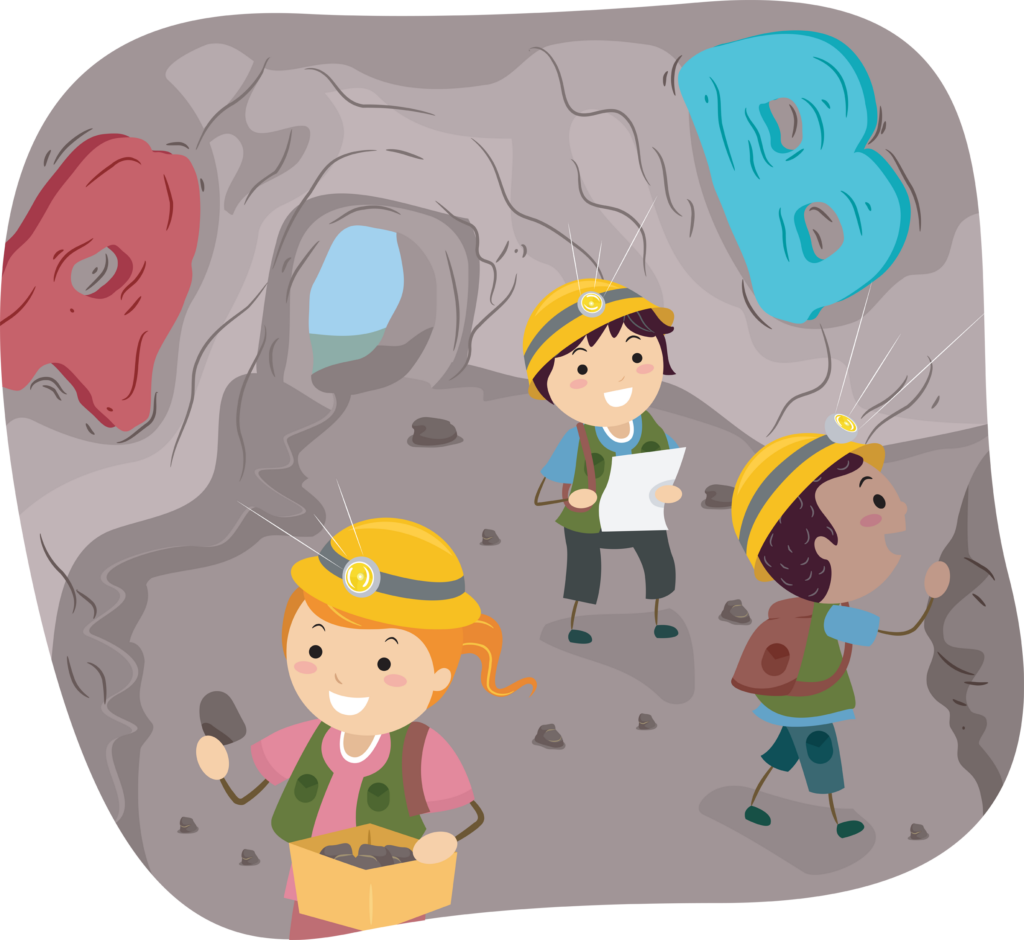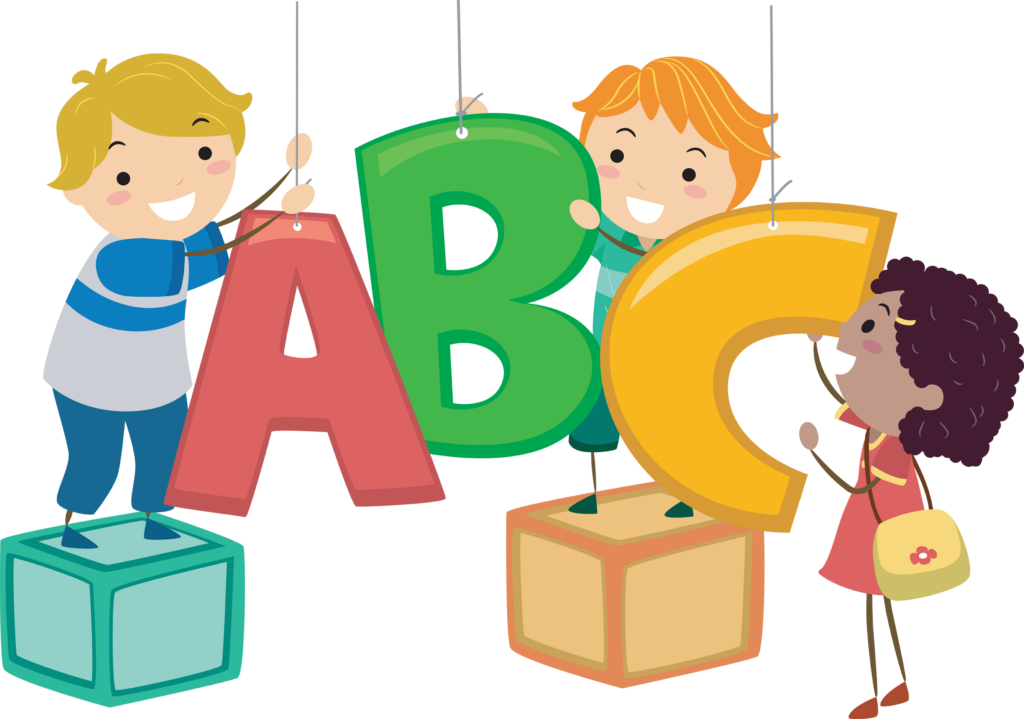
Early childhood is a crucial stage in the life of a child. This period sets the foundation for a lifetime of learning, where the groundwork for essential skills and cognitive abilities is laid. Whether you’re a homeschooling parent or a preschool teacher, navigating the first few months of this educational journey can feel overwhelming. Understanding the right themes and concepts to introduce during this formative stage can make a profound difference in a child’s development. This article aims to provide practical and beneficial tips on the primary themes that should be covered in these initial, yet impactful, months of education.
Understanding the Early Childhood Education Journey
In the first few months of class, both homeschooling parents and preschool teachers play a pivotal role in the child’s early learning journey. Their task is to introduce the child to foundational themes and concepts that serve as the building blocks for later learning.
1. Language and Communication

A child’s ability to understand and use language is key to their social and intellectual development. Educators can enhance language development by providing rich verbal environments, reading aloud frequently, and encouraging children to express themselves.
Tip for Parents: Make storytime a daily routine and engage your child in conversations throughout the day.
Tip for Teachers: Encourage classroom dialogue and use a rich vocabulary when communicating with children.
2. Cognitive Development: Focus on Exploration and Discovery

Cognitive development refers to the child’s ability to think, learn, and solve problems. This area can be fostered through activities that encourage curiosity, creativity, and problem-solving.
Tip for Parents: Create a home environment where the child can safely explore, ask questions, and experiment.
Tip for Teachers: Provide a range of stimulating activities that encourage children to make connections and figure things out for themselves.
3. Social and Emotional Development
Children need to develop a healthy sense of self, understand and regulate their emotions, and learn to interact positively with others.
Tip for Parents: Model and discuss emotions and teach children about empathy and understanding.
Tip for Teachers: Create a classroom environment that encourages cooperative play and helps children understand their feelings and those of others.
4. Physical Development

This area includes both large motor skills like running and jumping, as well as fine motor skills like holding a pencil or using scissors.
Tip for Parents: Encourage daily outdoor play and offer a variety of materials for fine motor exploration.
Tip for Teachers: Incorporate movement and physical activities into the daily routine and provide opportunities for fine motor development.
5. Early Math and Literacy Skills
Even at this early stage, children can begin to grasp basic math and literacy concepts. This includes counting, recognizing shapes, understanding spatial relationships, recognizing letters, and understanding that print carries meaning.
Tip for Parents: Incorporate math and literacy into everyday activities, such as counting toys or identifying letters in signs.
Tip for Teachers: Create a print-rich environment and use playful, hands-on activities to introduce math concepts.
Whether a parent is homeschooling or a teacher is guiding a class, it is important to remember that each child develops at their own pace. These are just guiding themes and concepts that can shape early education in a meaningful way. By focusing on these core areas, educators can provide a well-rounded foundation for their child’s future learning journey.







